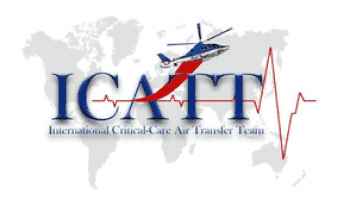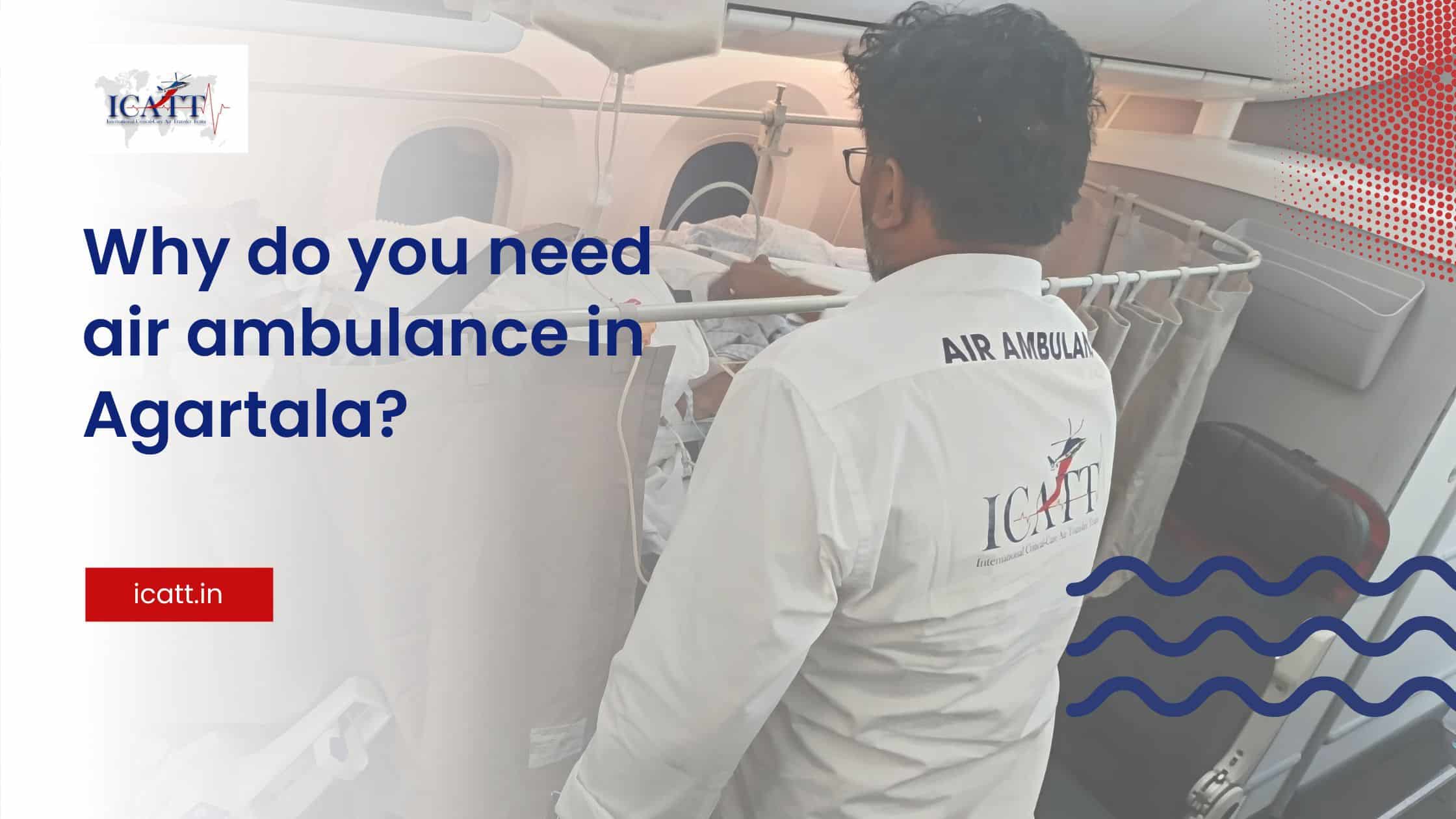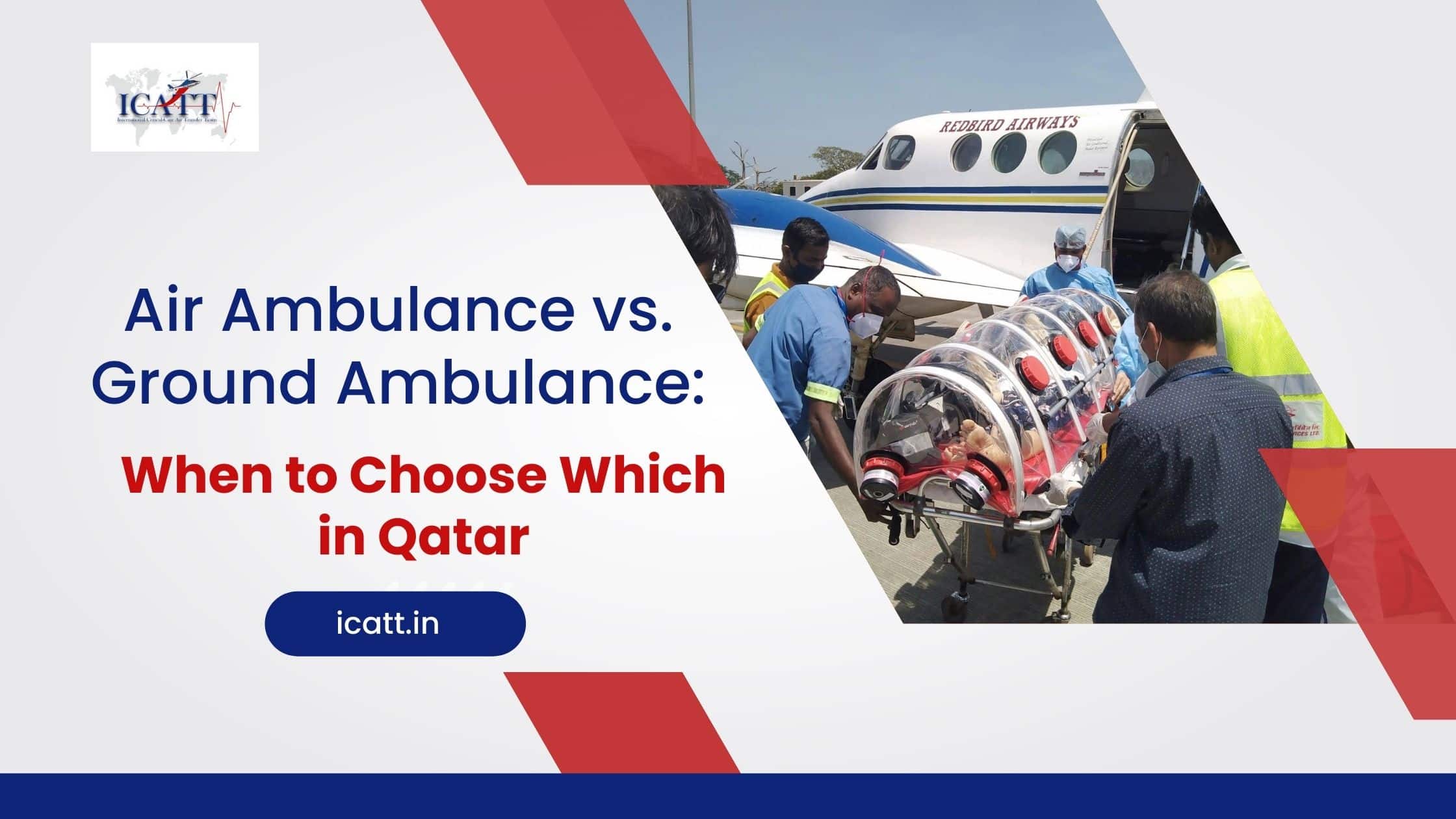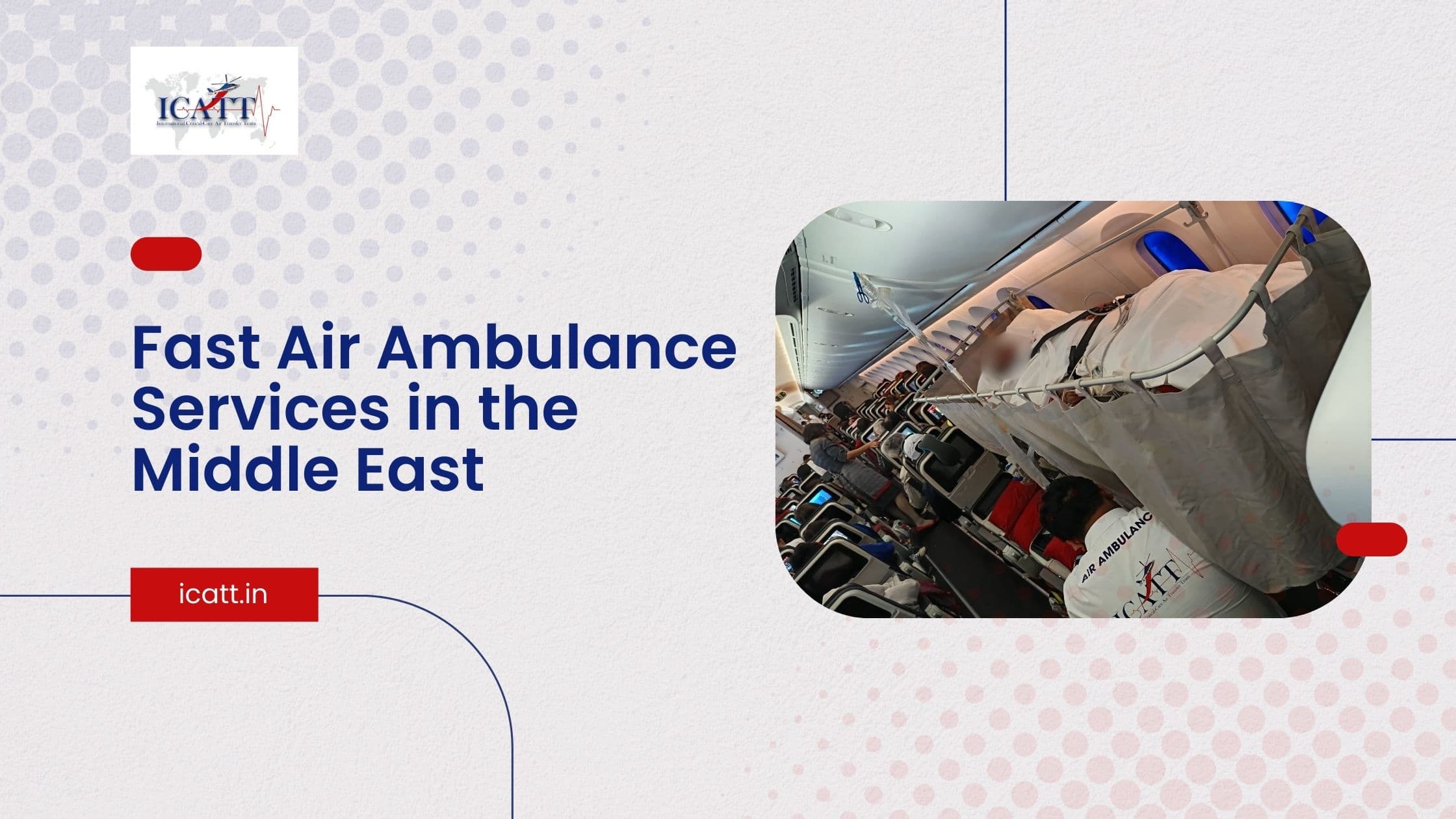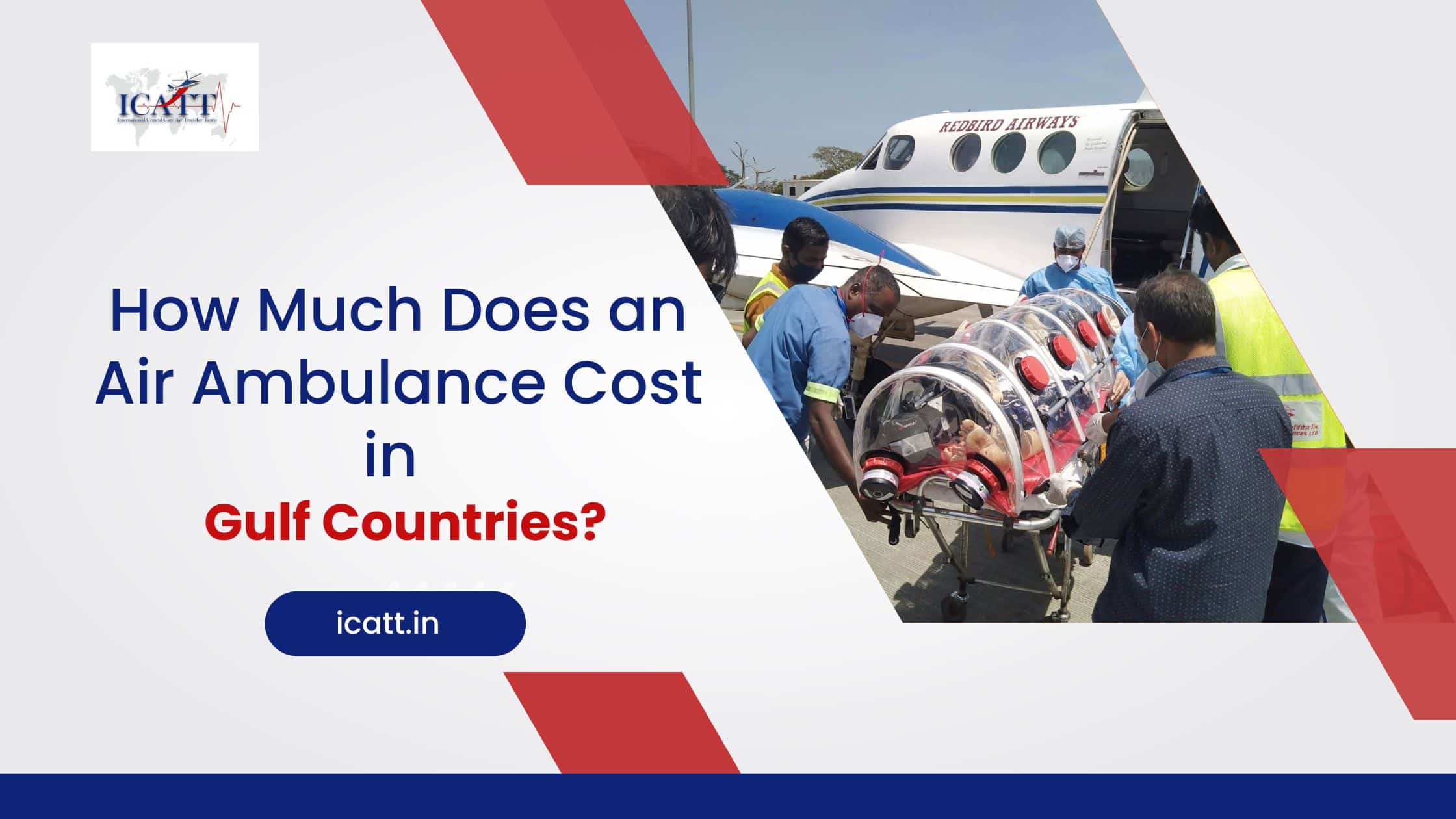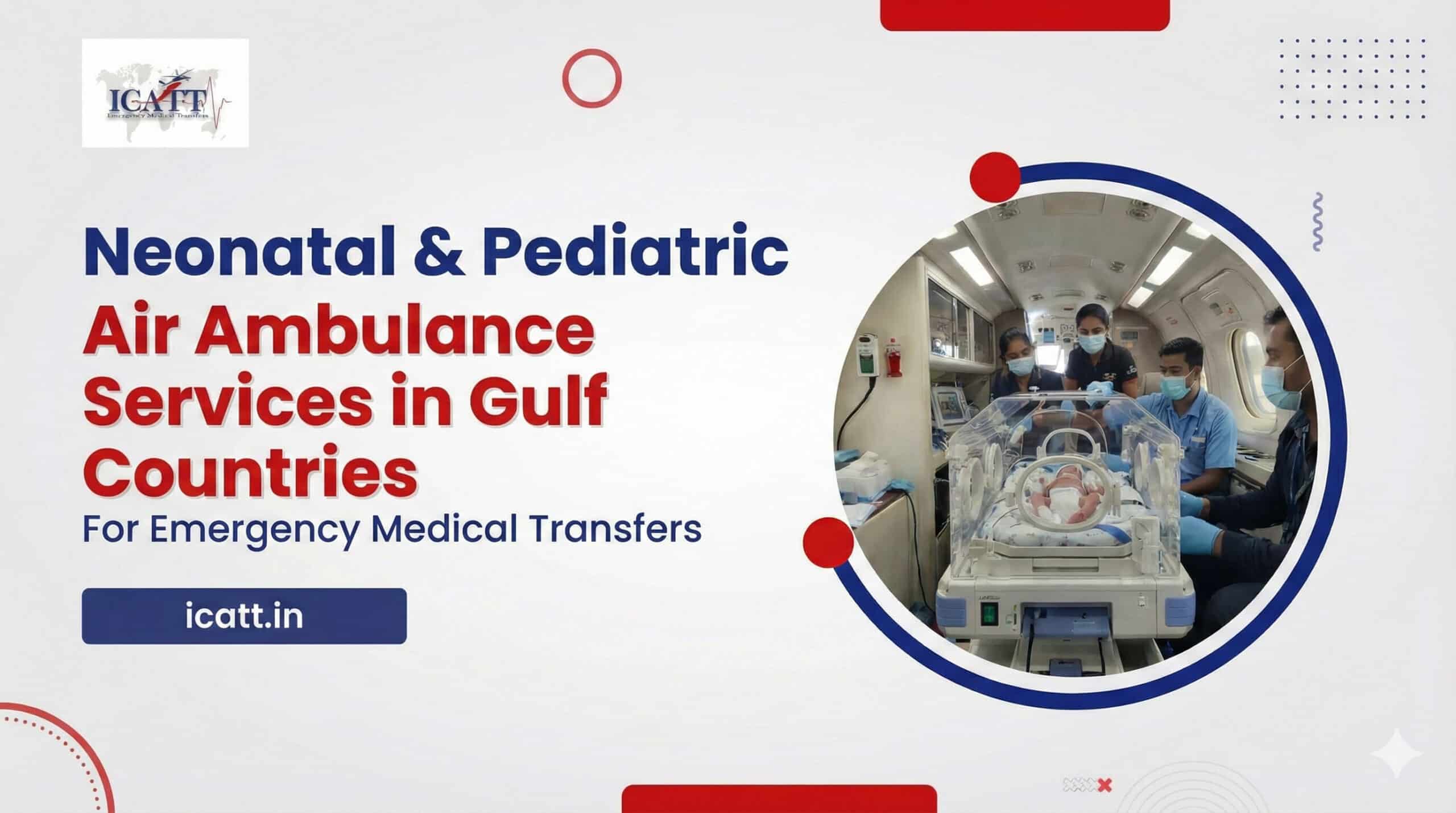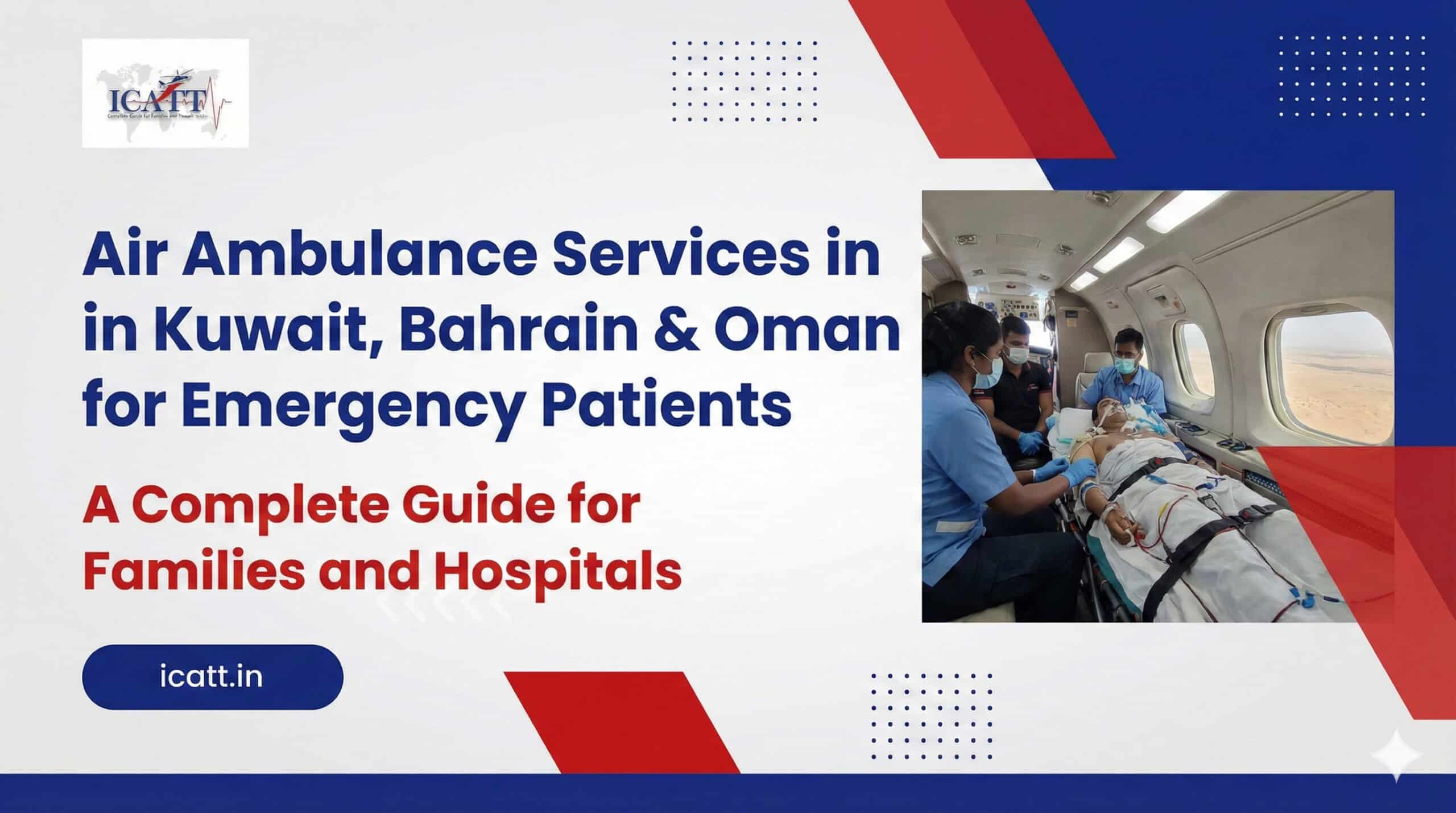We plan everything in life: our days, our meals, our future, our finances… the list goes on. Planning has become second nature to us. Even a simple outing or trip is done with a proper plan in place.
But what about emergencies?
Yes, we may have an emergency fund tucked away. But are we truly prepared for the real emergencies—those moments when life throws us off guard? Do we know what to do, whom to call, or how to act when a loved one needs urgent medical attention, especially far from home?
Imagine this: someone close to you gets injured or critically ill in another city, state, or even country. Suddenly, it’s on you to make quick, life-saving decisions to get them the right care or bring them home. Have you ever really sat down and thought, What exactly would I do in that situation? Chances are, most of us haven’t.
The truth is, when emergencies hit, panic and confusion can take over. And that’s why it’s important to know about solutions like medical repatriation and emergency medical evacuation in India—services that can literally save lives when time is running out.
Common Medical Repatriation Mistakes
- Waiting Too Long to Decide
As our elders say, time is everything, especially during a medical emergency. So when you hear that a loved one is in trouble, it’s only natural to stay hopeful and pray for their recovery. And yes, staying positive matters. But in moments like these, every second counts. Whether it’s a head injury, trauma, or a condition that needs ICU-level care, even a small delay can become life-threatening.
Don’t wait to see what happens. The right move is to speak to a doctor and connect with an air ambulance provider as early as possible, because in such situations, acting fast is the best way to protect the ones you love.
- Trying to Manage Everything Yourself
Medical repatriation is not just booking a flight—it’s a medical mission. At ICATT, our experienced professionals take care of everything, including:
- Pre-flight health assessment
- ICU-trained doctors and paramedics on board
- Immigration and travel clearances
- Seamless coordination with both sending and receiving hospitals
So instead of trying to manage it all on your own, trust a team that’s trained to handle these emergencies with care, precision, and speed.
- Missing Out on Essential Paperwork
During such stressful times, it’s completely natural for families to feel overwhelmed. And that’s exactly when things like important documents can slip through the cracks. But in medical evacuation, even one missing paper can delay the airlift.
That’s why at ICATT, we don’t leave it to chance. Our team takes over and ensures all necessary paperwork is in place, including:
- Fit-to-fly certificate
- Latest medical reports
- Identity proofs
- International clearances (if needed)
We handle the process with care, so you can focus on what matters most about your loved one’s recovery.
- Choosing Ground When Air Was Needed
Even today, many people still aren’t fully aware of how accessible an air ambulance service actually is. So, in an emergency, the first instinct is to call a regular road ambulance. But here’s the truth—it’s a tough decision, yet an important one. A ground ambulance may not always be the right choice, especially in situations like:
- Remote accident locations with no proper road access
- Metro cities where traffic eats up precious time
- Severe cases involving multiple injuries (polytrauma)
- Emergency transfers over long distances or rural areas
In these critical scenarios, it’s safer and smarter to airlift the patient directly from the accident site. Because when every second matters, risking time could risk a life.
- Not Asking About Equipment on Board
All air ambulances are not the same. Some are basic transport options, while others are fully equipped flying ICUs. And then there are customised ones designed specifically based on the patient’s condition and level of care needed during the journey.
But in the rush of an emergency, families often forget to ask the most important questions:
- Is this a fixed-wing aircraft or a helicopter?
- Does it have ICU equipment like a ventilator, oxygen supply, suction, and infusion pumps?
- Will a critical care doctor or paramedic be on board?
- Not Confirming a Hospital Bed in Advance
Another common error. You may successfully land, but if the hospital doesn’t have a bed or doctor ready, it leads to panic. Let the air ambulance service:
Coordinate bed availability
Share ETA and medical report in advance
- Assuming It’s Too Expensive
Most people assume they can’t afford air ambulance service—until they actually check.
ICATT offers:
- Transparent pricing
- Custom packages
- Guidance on insurance and coverage
Tip: Many health insurance policies cover emergency medical evacuation in India. Always ask your insurance company whether it’s included or not!
- No Central Point of Contact in the Family
When multiple family members are involved, confusion can arise. So, at ICATT, we take charge of everything and assign one clear decision-maker who:
- Talks to the ambulance team
- Shares documents
- Makes quick approvals
- Coordinates with family and team
Air Ambulance vs Road Ambulance
| Feature | Road Ambulance | Air Ambulance |
| Speed | Slow | Fast |
| ICU Setup | Limited | Full ICU |
| Access to remote areas | ❌ | ✅ |
| Suitable for polytrauma | ❌ | ✅ |
| International Transfers | ❌ | ✅ |
Hence, when a loved one’s health is at stake, there’s no room for mistakes. You need speed, accuracy, and expert care. That’s where ICATT steps in- not just with flights, but with full medical planning, equipments, and proper care.
Don’t wait for an emergency to learn all this. Save this blog, share it with family members, and be ready when it matters most.
